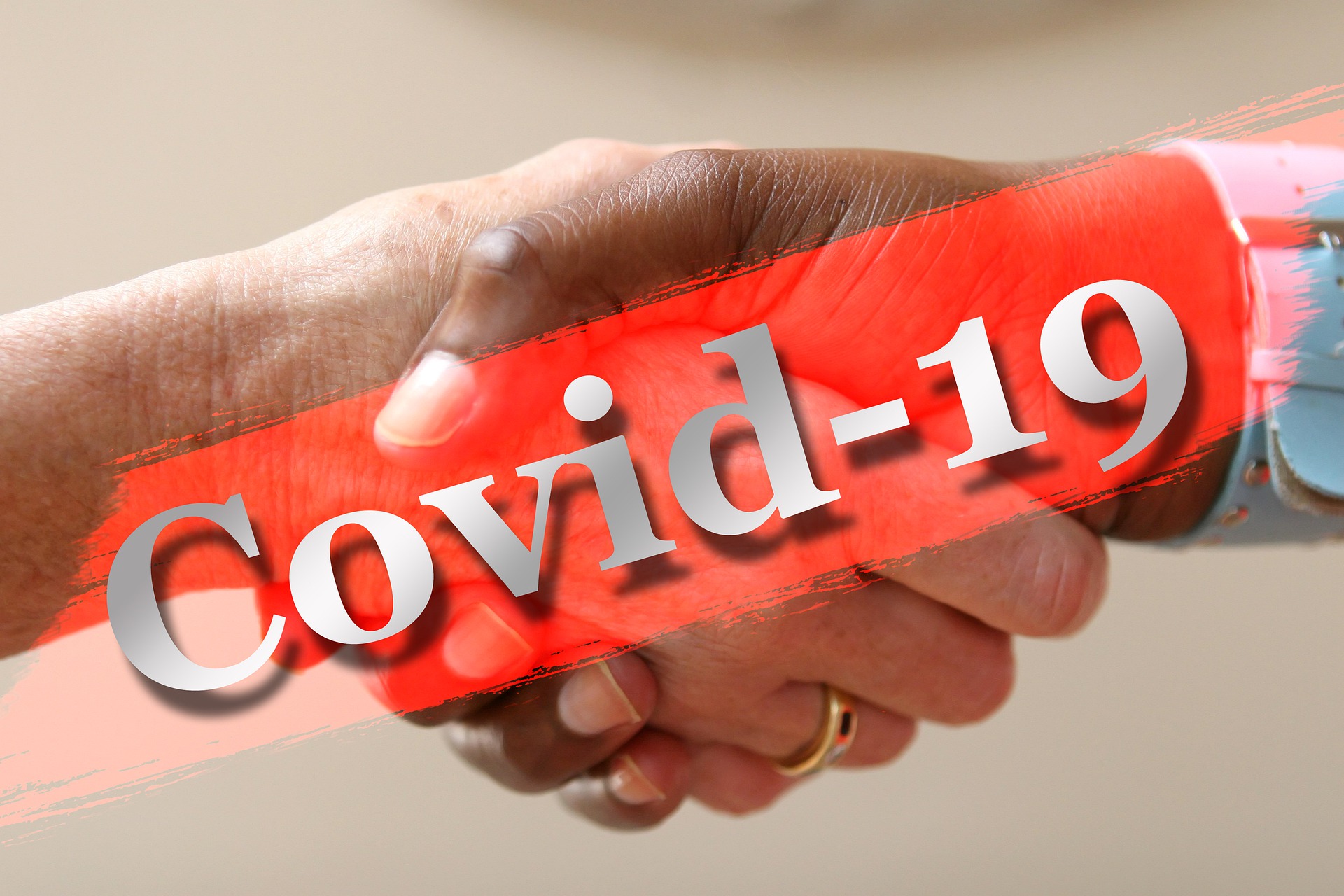There are a number of ways that the value of a program or its outcomes can be assessed and measured. These include:
Social Impact Assessment (SIA)
Social Impact Assessment (SIA) is the process of assessing and managing the consequences on people (positive and negative) of development projects, policies and decisions. Its objective is to identify the intended and unintended effects of planned interventions and activities in order to develop sustainable management plans. Find out more about Social Impact Assessments here
Social Return on Investment (SROI)
Social Return on Investments (SROI) are relevant for businesses to consider before, during or after a project or activity as a means of applying a value to the change that is created or intended through the project. SROI considers social, environmental and economic outcomes and uses monetary values to represent them. This enables a ratio of benefits to costs to be calculated on which businesses can base decisions and gain critical quantitative, qualitative and financial data about the project. Find out more about our Social Return on Investment here
Program Evaluation
Project evaluation supports the business by providing ongoing, systematic information that strengthens projects during their life cycle, and, whenever possible, outcome data to assess the extent of change. The evaluation process should result in an organization being stronger and more able to use such an evaluation when outside support ends. Find out more about Program Evaluation here
Outcomes Based Measurement
Outcomes based measurement assesses the short and long-term results of a project and seeks to measure the changes brought about by the project. By applying program logic models progress can be charted toward interim and long-term outcomes. A picture of how your program works, how outcomes are linked with program activities/processes and the theoretical assumptions/principles that underpin the program are all incorporated in this model. Find out more about Social Value Assessments here



